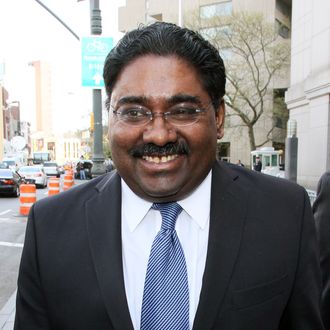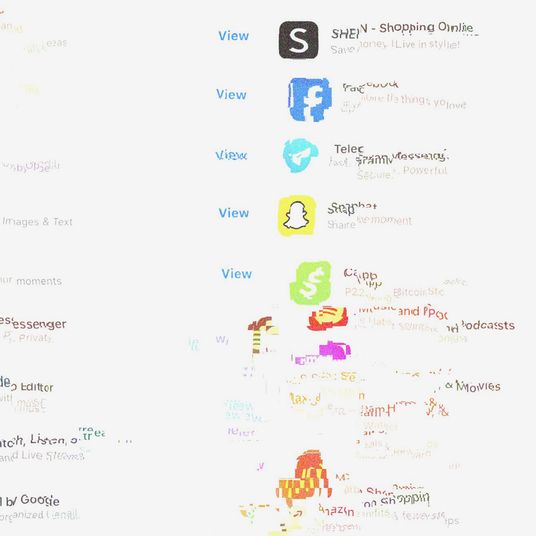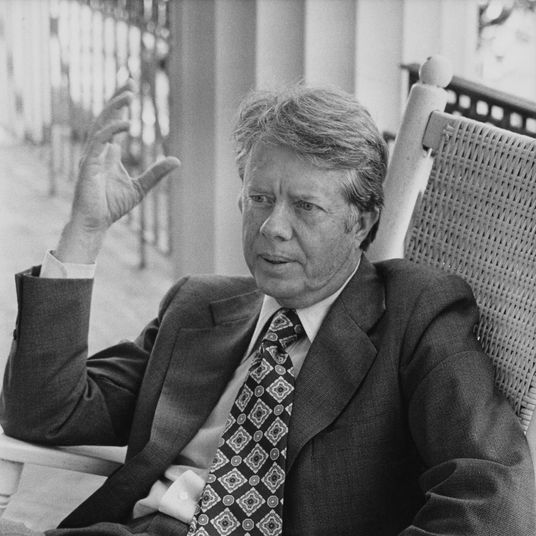
Pop quiz: If a guy you work with offered you a “tiddie biddie” this morning, would you: (a) go immediately to HR, (b) tell him you already have a girlfriend who keeps tabs on you, so you really can’t, but sounds fun, or (c) thank him for giving you data before your hedge fund’s morning meeting?
For Raj Rajaratnam, the answer was (c). Rajaratnam, the Galleon Group hedge fund manager who is currently doing eleven years in the pen for insider trading, received all kinds of “tiddie biddies” — his word for snippets of information about companies he covered — from Goldman Sachs salesman David Loeb, the Journal reports, citing wiretapped phone conversations and e-mails that surfaced during the trial of Rajat Gupta.
Here’s what the Journal says happened:
A current Goldman managing director exchanged emails with Galleon founder Raj Rajaratnam ahead of a daily “morning meeting” at Galleon, according to previously undisclosed emails and wiretapped phone call transcripts reviewed by The Wall Street Journal. In the emails, the Goldman manager offered what he called “tiddie biddies” about some top technology firms, including Apple Inc. and Intel Corp.
(The Journal also reminds us of the delightful fact that Loeb signed his e-mails “CBF” — “chunky but funky,” and that he gave Rajaratnam nicknames like “Dr RR” and “big daddie.”)
Here’s why this is just coming up now: Rajat Gupta — a former Goldman director who was recently convicted of passing confidential Goldman-related information to Rajaratnam, which Rajaratnam then traded on — had a legal defense strategy that included talking smack about Goldman. The bank, Gupta’s lawyers argued, was so corrupt, so full of sleazes who passed inside information to their clients, that Rajaratnam’s tips could have come from anyone at the bank, not just Gupta.
By bringing up conversations between Rajaratnam and Loeb in court, Gupta’s lawyers were attempting to paint Loeb, not Gupta, as Rajaratnam’s BFG (Best Friend at Goldman) and probable tipper.
The e-mails excerpted by the Journal do, indeed, show Loeb giving information to Rajaratnam, often in ways that make it sound very hush-hush and illicit.
In an August 5, 2008, email to Mr. King, then Goldman’s research chief in Taiwan in 2008, Mr. Loeb asked his colleague for an “update” on Intel. Mr. King wrote back with a spreadsheet attached, with “u would not believe this” in the subject line. Defense attorneys for Mr. Gupta maintained at his trial that the Intel information was confidential.
Mr. Loeb emailed Mr. Rajaratnam the next morning, saying: “need to reach u with some PARTICULARLY important data” before the market opened for the day.
But despite his tween-girl grammar, what Loeb is doing here does not look at all like insider trading. In fact, at first blush, it doesn’t even look like bad business. Passing new, hard-to-find data to a hedge fund manager about the companies he trades is not only not illegal; it’s exactly what Wall Street sales guys are paid to do.
Look. Here is more or less the entire extent of a Wall Street sales guy’s job: Keep your clients happy. Take them out for dinner. Get them Knicks tickets. Learn their kids’ names. In exchange for their business, find important information about the companies they care about (production data, supply-chain issues, etc.) and give it to them before they hear it elsewhere. In other words, make them like you, and help them make money.
It sounds like Loeb did help Rajaratnam make money, and vice versa. Galleon was by far Loeb’s biggest client, the court documents showed, and the relationship between the two men was among the reasons Loeb was nominated for a promotion to managing director in 2008.
That alignment of incentives is why you get nicknames like “Dr RR” and calls like these:
In the wiretapped call to Mr. Rajaratnam’s cellphone on Aug. 7, 2008, discussing Intel, Mr. Loeb, according to a transcript, said: “This goes to you and Adam [Smith] only.” Mr. Smith, a former Galleon trader, pleaded guilty to criminal charges and has agreed to cooperate with the government in its investigation.
“Yeah. No, absolutely not, I don’t talk to anybody,” Mr. Rajaratnam said on the call.
“Yeah,” Mr. Loeb replied on the call. “And then, you know, I tell a couple of guys on the Street but you guys get the first call and that’s it.”
Yes, it looks bad, and Loeb (who still works at Goldman) is probably a lot more careful with e-mail these days. But, again, let’s be clear: A Wall Street sales guy calling a large, important client before his other, less important clients is not, on the face of it, illegal.
Unless the information Loeb provided was actually material and non-public and unless Rajaratnam actually traded on it — all of which is still a question mark, and hinges on how you define “material” and “non-public,” and also where you come down on the whole “expert network” debate — these new wiretaps and e-mails are not earth-shattering. They are probably best viewed as an attempt by Gupta’s lawyers to help their chances of a successful appeal by casting aspersions on the way Goldman’s sales team does business.
It’s one more reason the bank can’t be happy paying his legal bills.





























